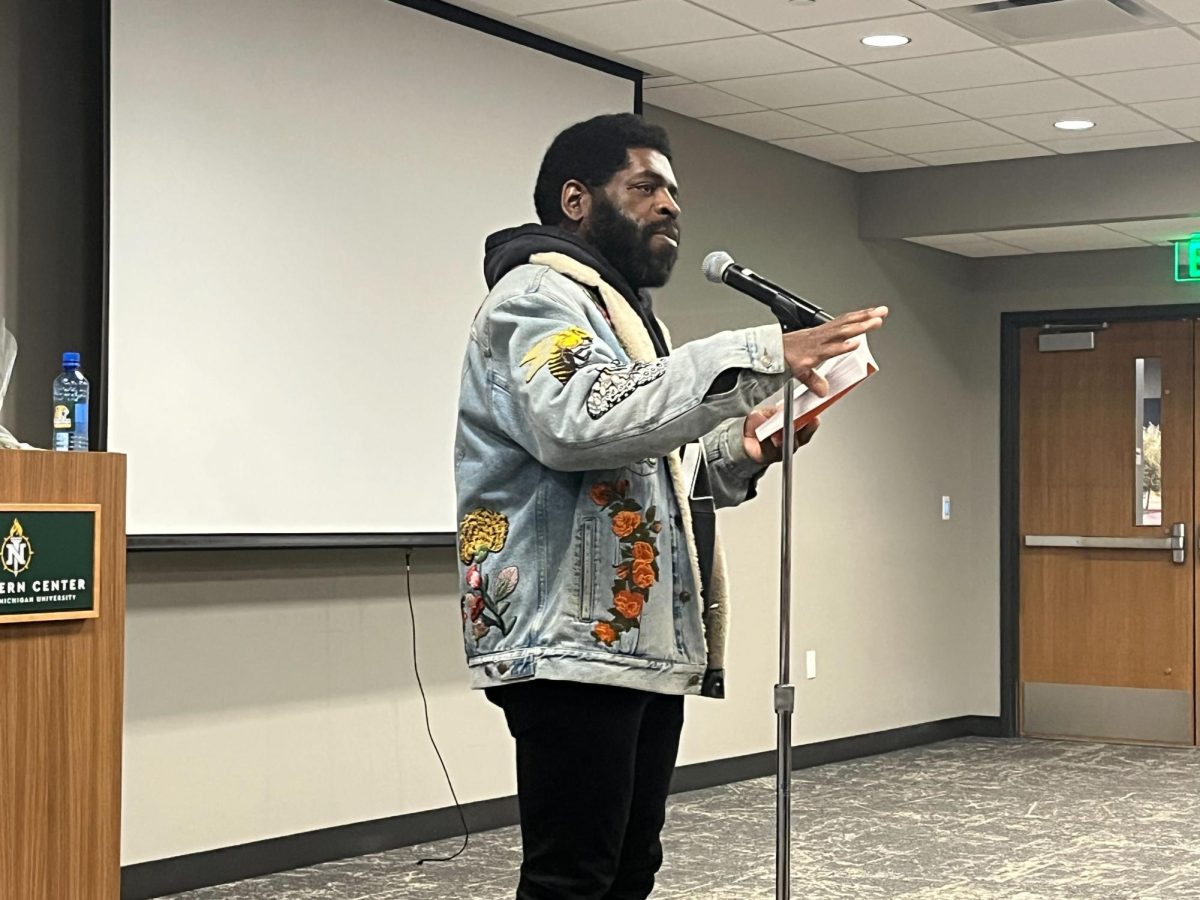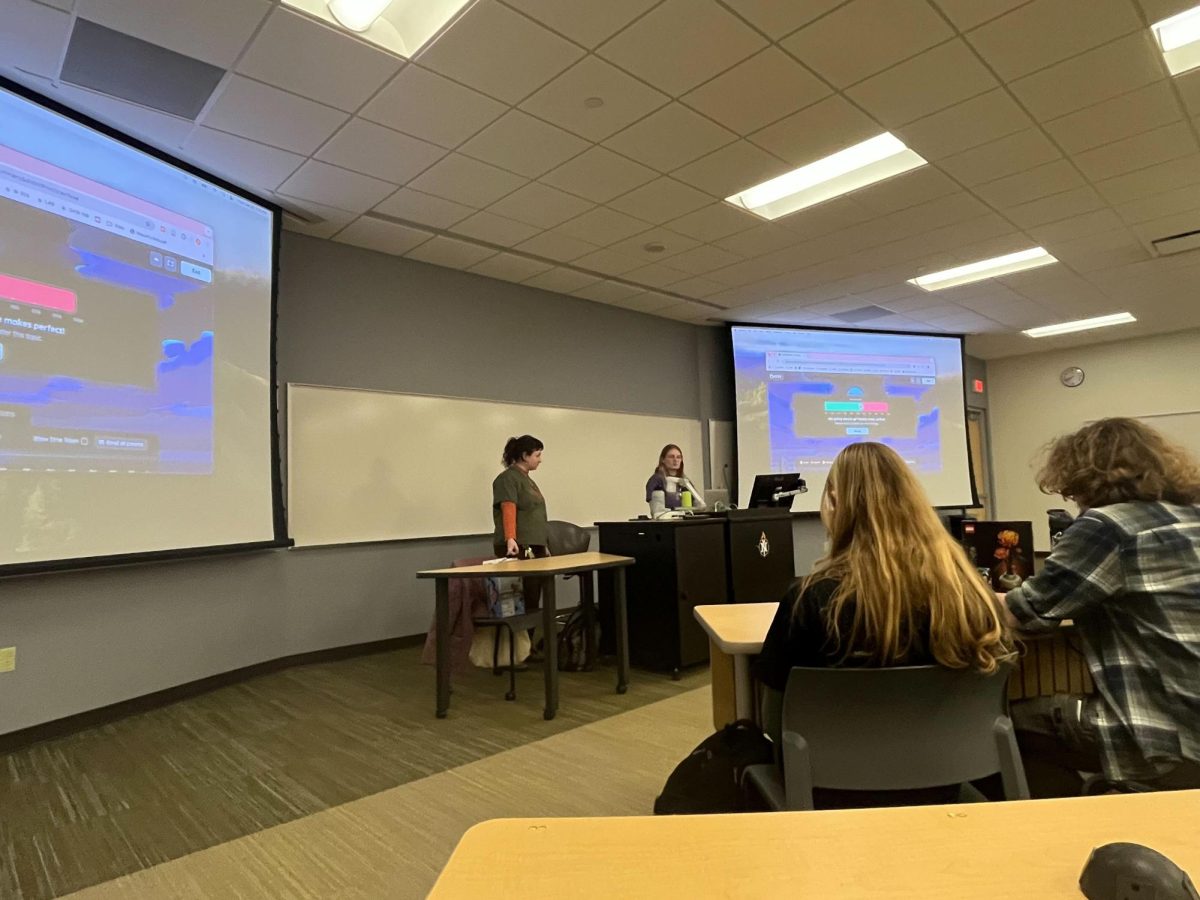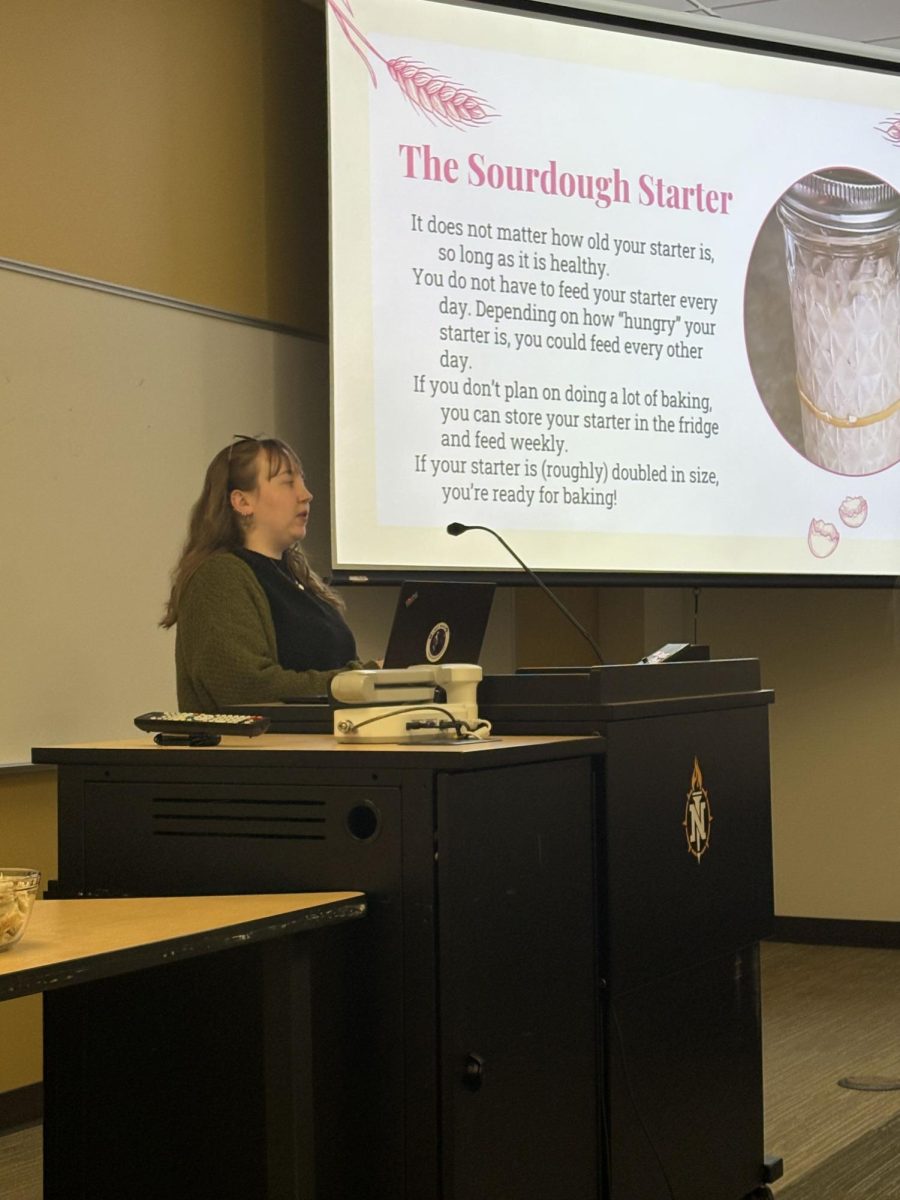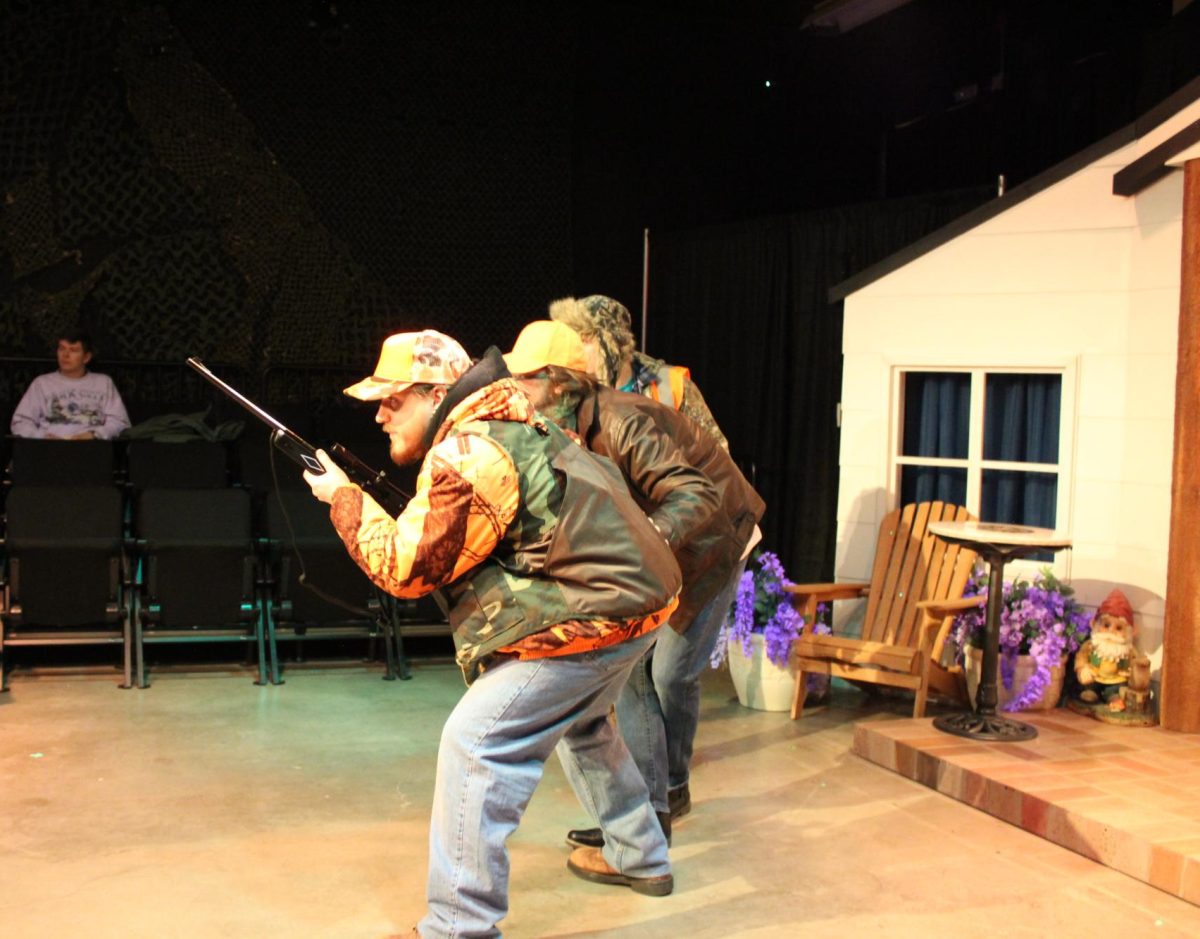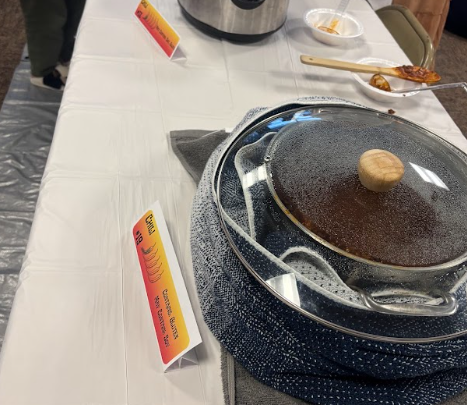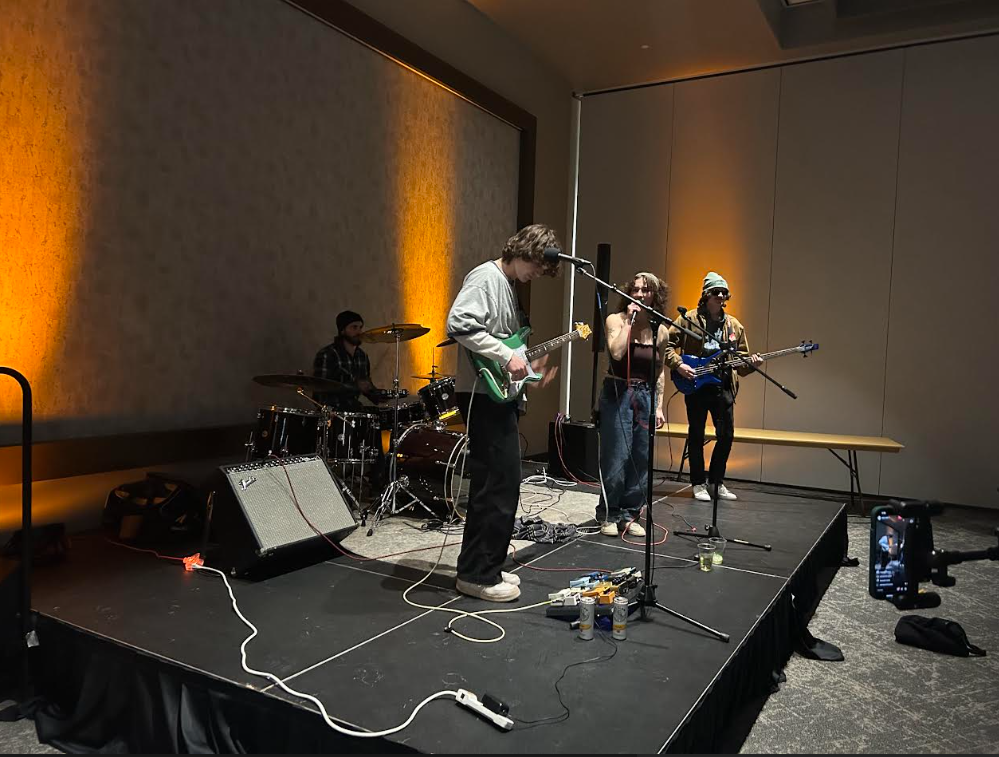I’ve heard so often how Americans miss Obama in this time of Trump’s administration. I agree that Trump is not an ideal president. However, I think we are missing the point. The actions of Trump today have been used with the same powers used by previous presidents with similar disastrous effects.
The most alarming of these is the use of military force without Congressional approval.
The first military operation authorized by President Trump occurred recently in Yemen, in which a U.S. Navy Seal was killed. Along with this death, medics on scene claim thirty people were killed, including 10 women and children. Whether this raid was approved by Congress is still unknown; however, Trump did give the authorization.
Those of us who support a limited government have been saying for years how the Bush and Obama administrations are opening up endless possibilities for future administrations to come. Through the extension of the military authorization acts of 2001 and 2003, President Obama was “legally” able to conduct military operations, as Bush was, without going through Congress.
This was a dangerous policy under the Bush administration, Obama and now Trump.
The Authorization for Use of Military Force Against Terrorists (AUMF) outlines: “That the President is authorized to use all necessary and appropriate force against those nations, organizations, or persons he determines planned, authorized, committed, or aided the terrorist attacks that occurred on Sept. 11, 2001, or harbored such organizations or persons, in order to prevent any future acts of international terrorism against the United States by such nations, organizations or persons.”
Today, this is interpreted as providing Congressional authorization for the use of force against ISIS and other Islamic militant groups with endless discretion.
In the 2008 election, President Obama ran on a foreign policy of condemning the Iraq War and reigning in military interventions. A year later he even won the Nobel Peace Prize for his peaceful approach to international conflicts.
“Great!” we said. “Now we can have a peaceful approach to the Middle East. We can stop dropping bombs and invading countries!”
Yet eight years later, the same administration who ran on peace dropped at least 26,171 bombs in 2016 alone. As the Council on Foreign Relations put it, “This means that every day last year, the US military blasted combatants or civilians overseas with 72 bombs; that’s three bombs every hour, 24 hours a day.”
The targets of the bombings included Syria, Iraq, Afghanistan, Libya, Yemen, Somalia and Pakistan.
While Obama did decrease the number of U.S. soldiers overseas, he greatly increased the use of drone strikes.
My question is, why does one person have this much power in the United States? A country of balanced powers and democracy.
An article published by Medea Benjamin, the author of “Drone Warfare: Killing by Remote Control,” states, “Pushed to release information about civilian deaths in drone strikes, in July 2016 the U.S. government made the absurd claim it had killed, at most, 116 civilians in Pakistan, Yemen, Somalia and Libya between 2009 and 2015.”
Benjamin goes on to cite the London-based Bureau of Investigative Journalism: “The true figure was six times higher.” One airstrike alone of the Doctors Without Borders hospital in Kunduz left 42 dead and 37 wounded.
The reality of it is the public information is not there to know how many civilians have been killed from U.S. drone strikes.
A report by Amnesty International and an investigation by Human Rights Watch in 2013 stated the U.S. has violated war crimes through their drone strike program. The report declared, “To accept such a policy would be to endorse state practices that fundamentally undermine crucial human rights protections that have been painstakingly developed over more than a century of international
law-making.”
The idea that Obama had these powers was scary. Now imagine them in the hands of Donald Trump. It’s time to give military authorization back to Congress and limit the power one person has over the lives of so many.

